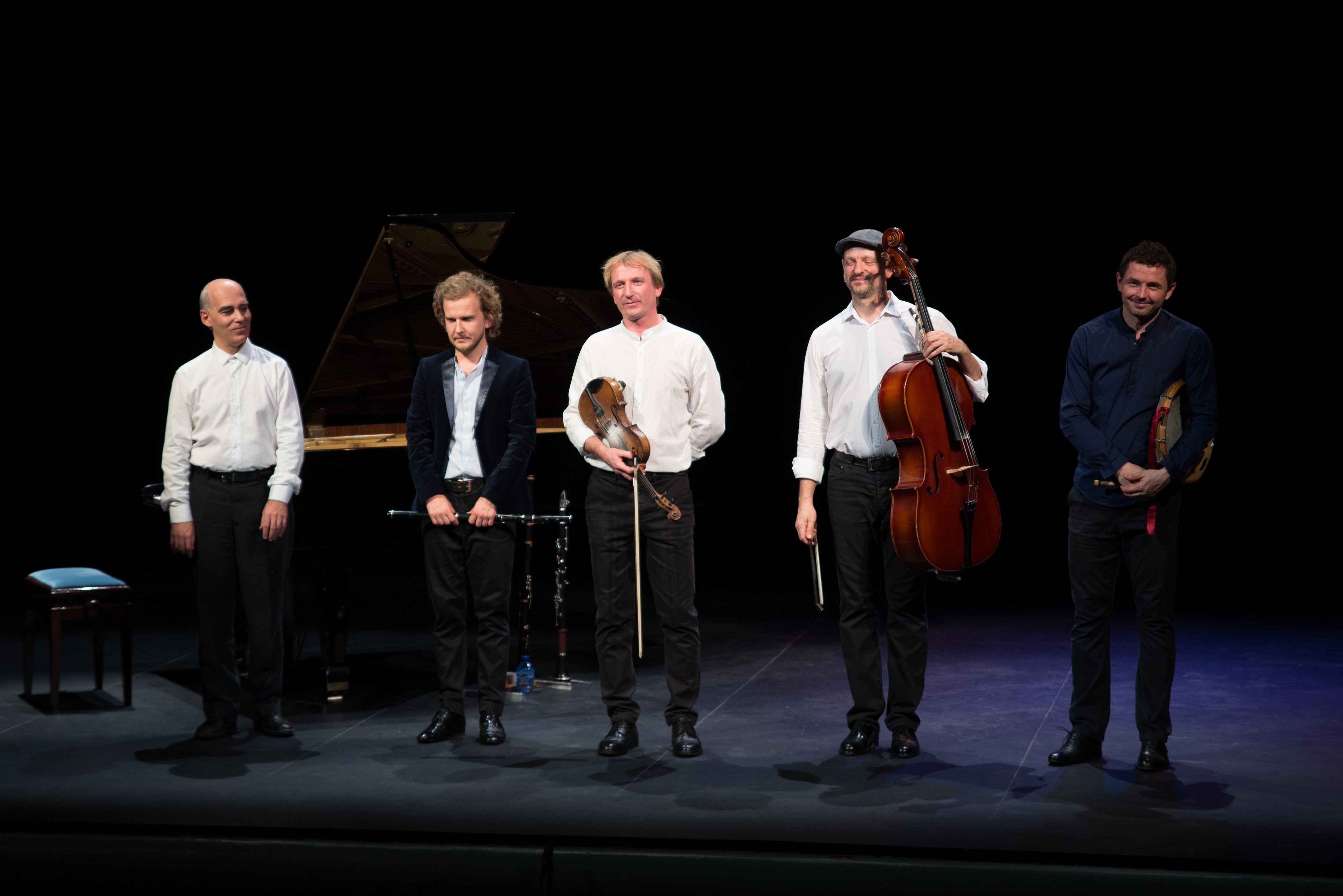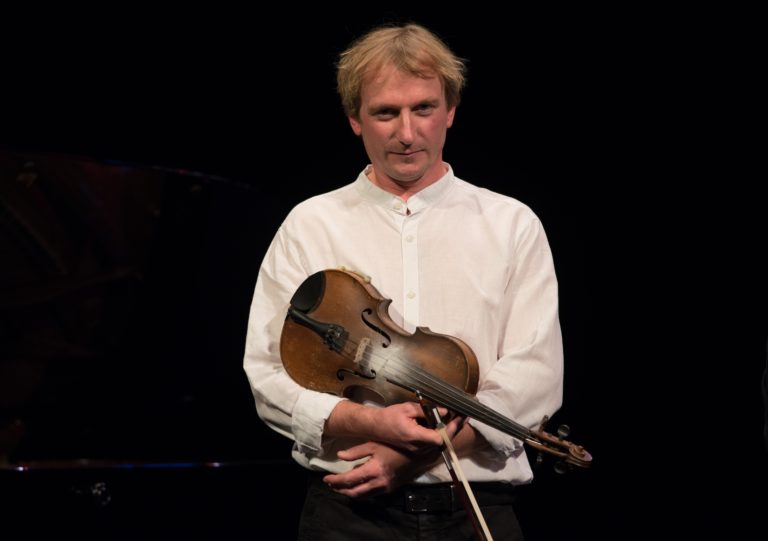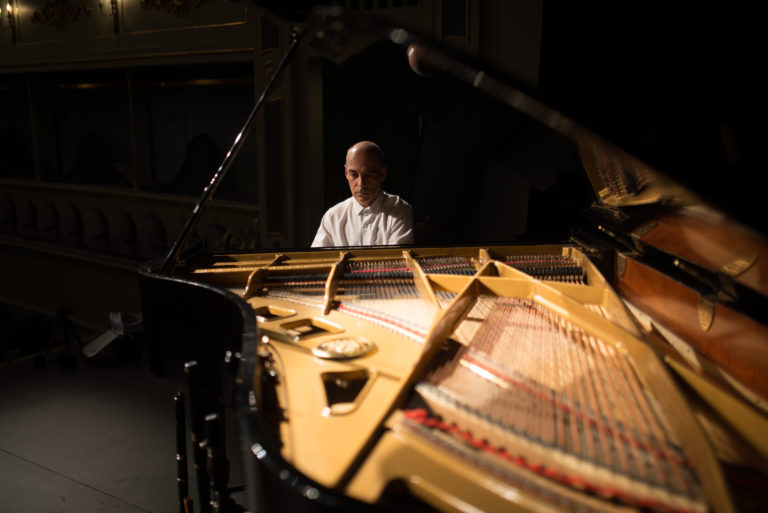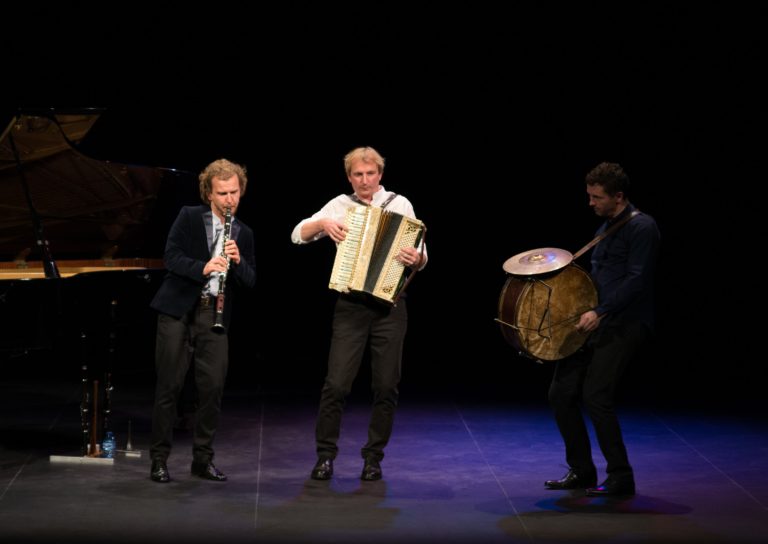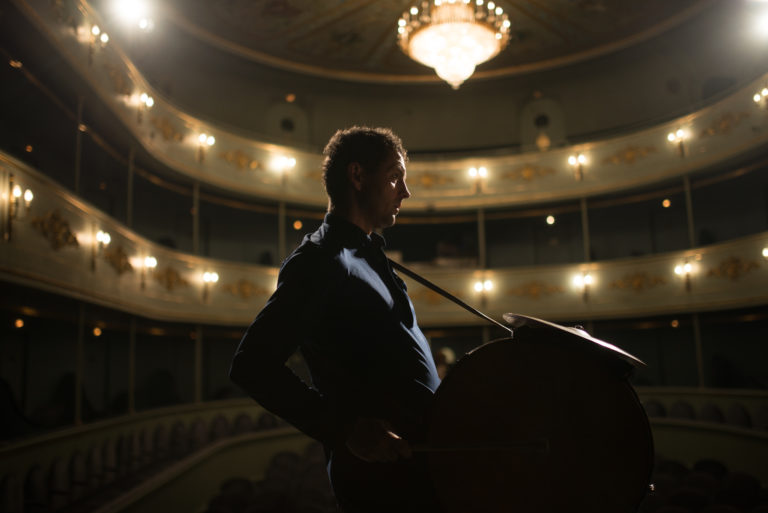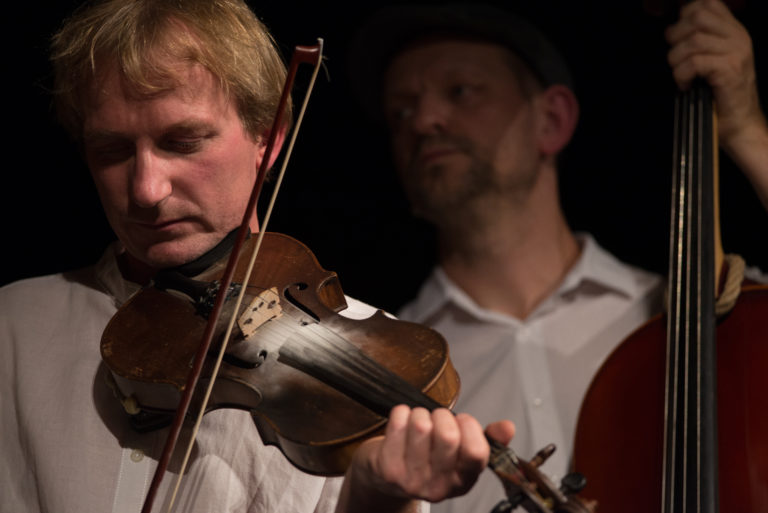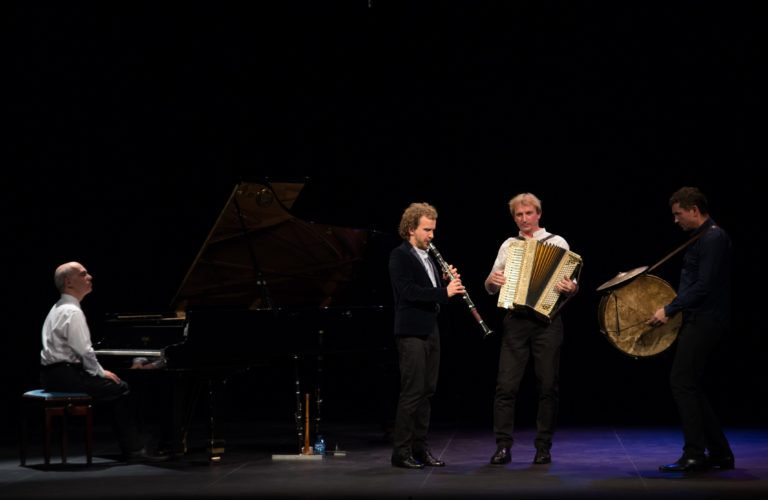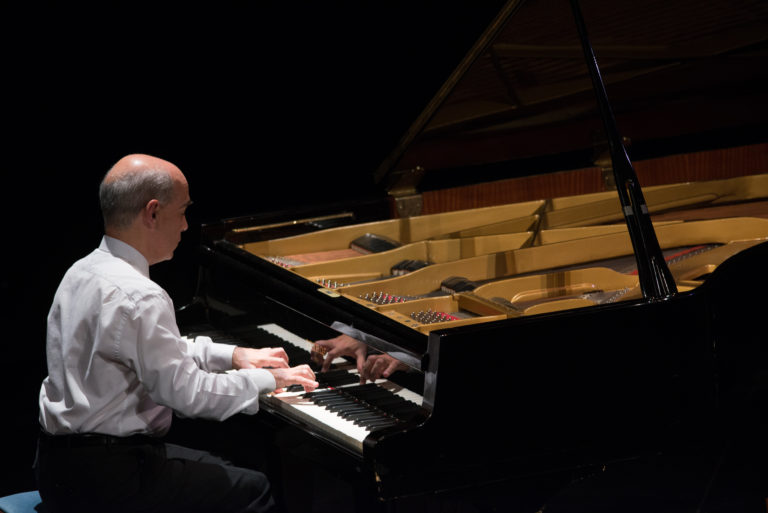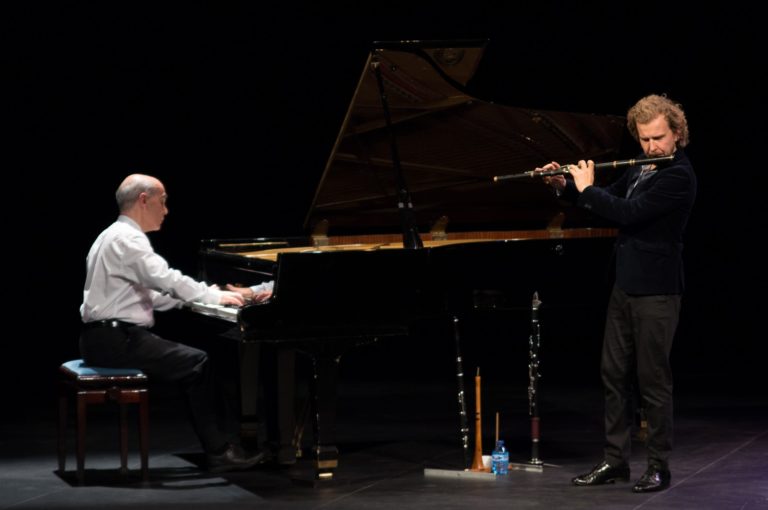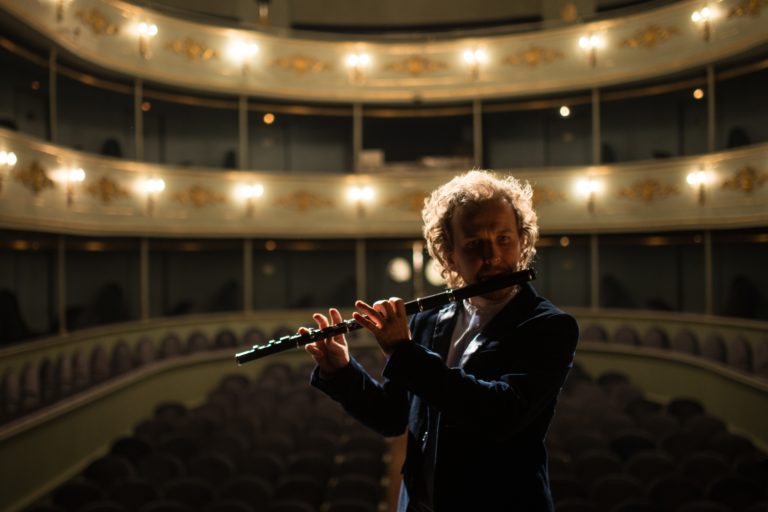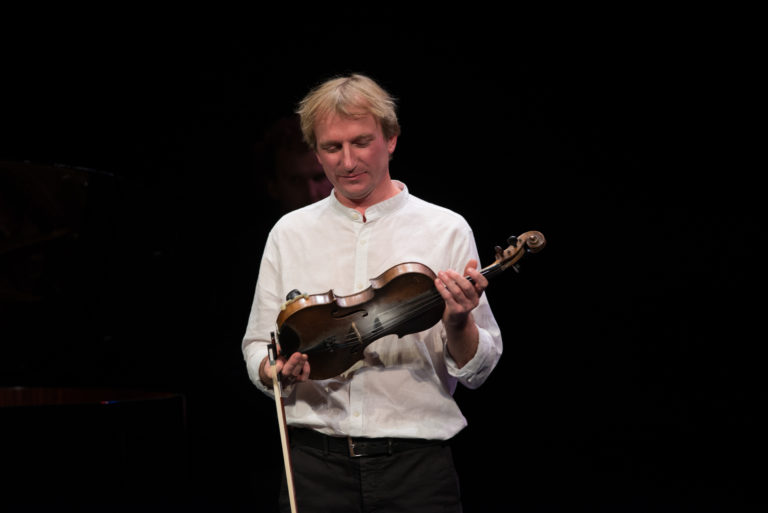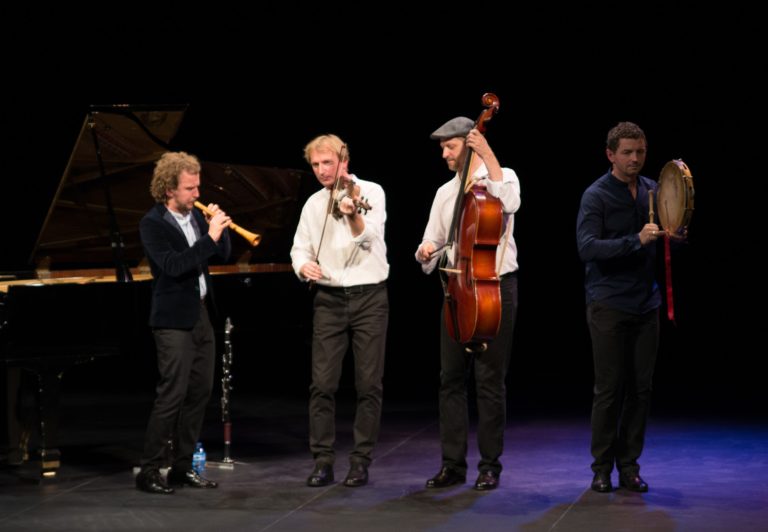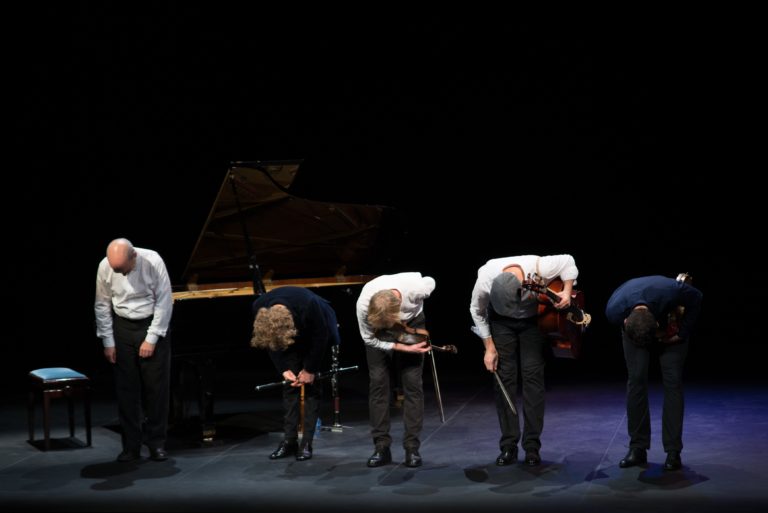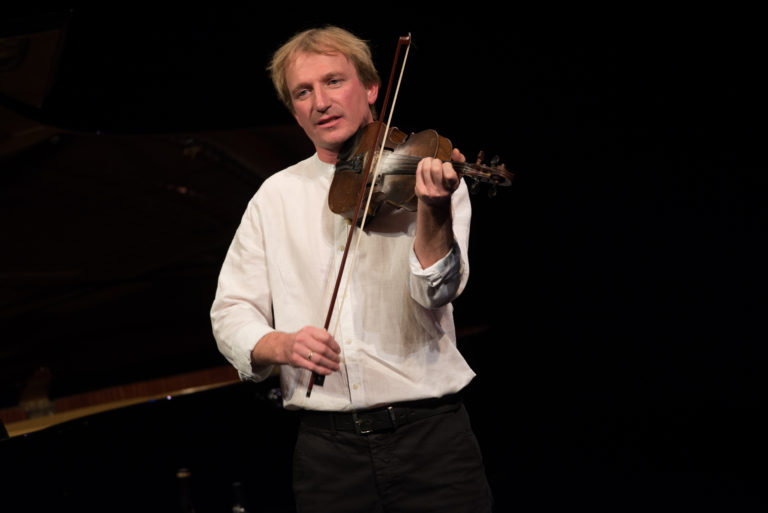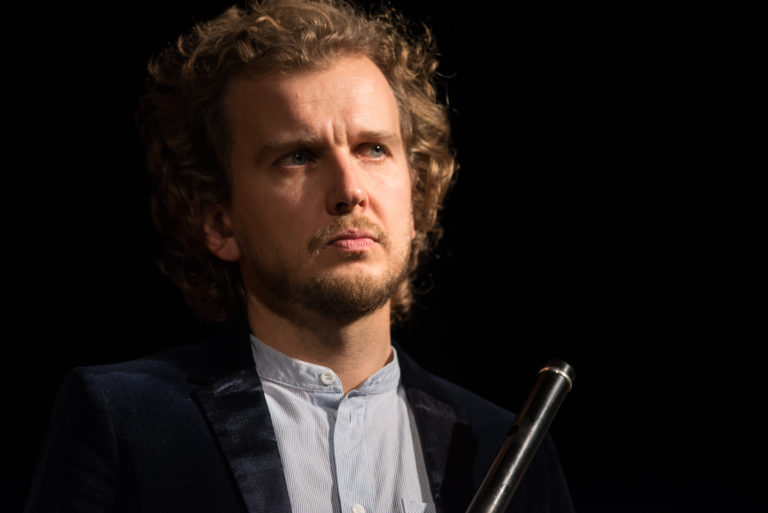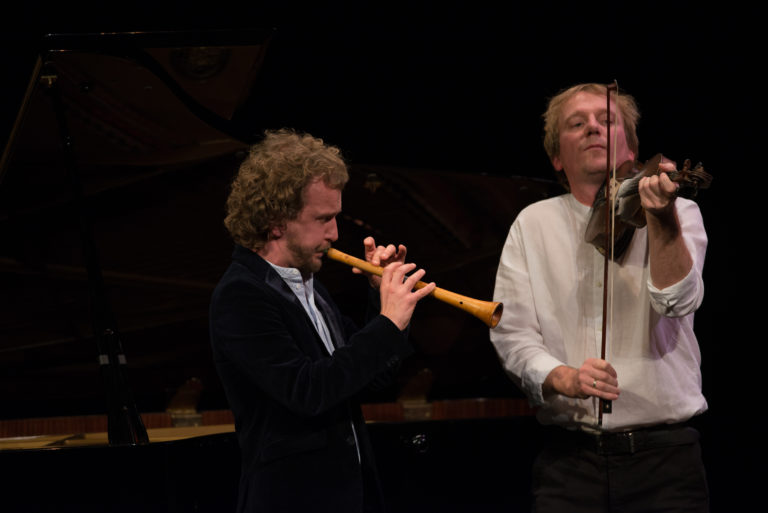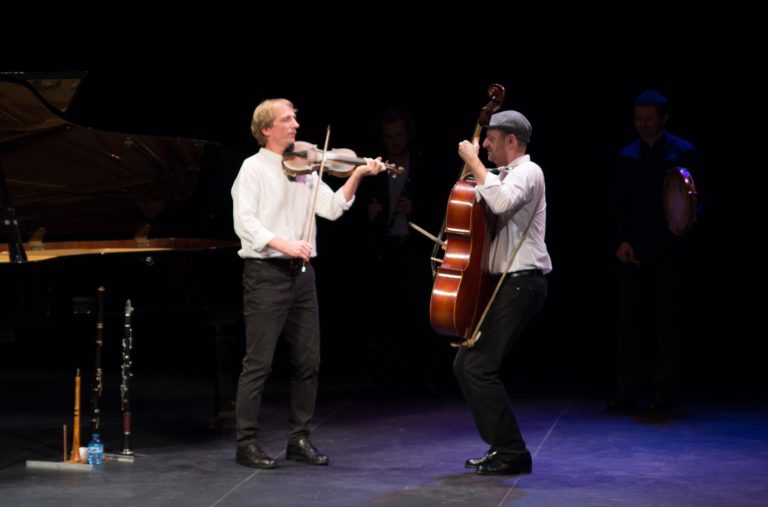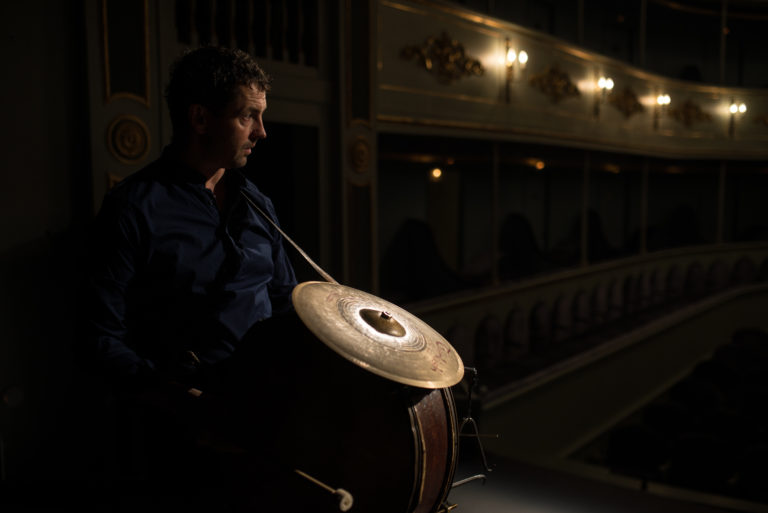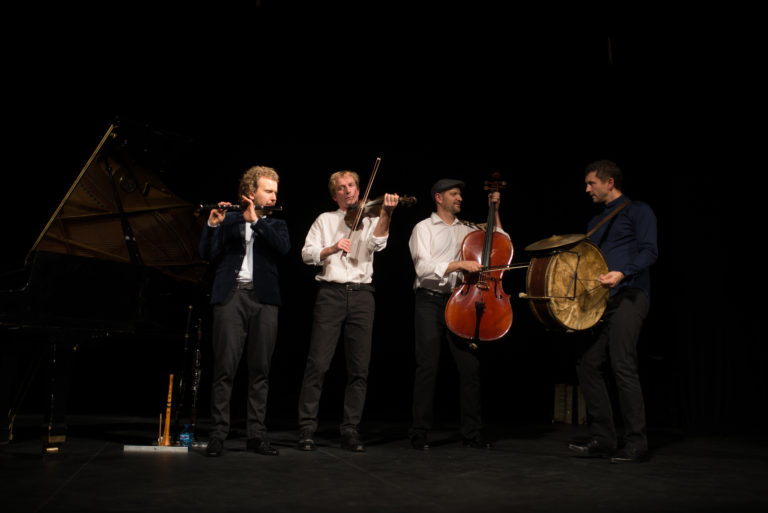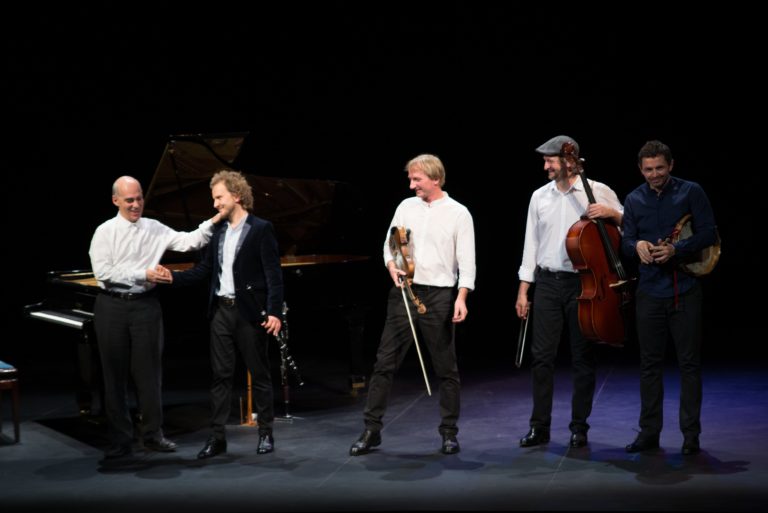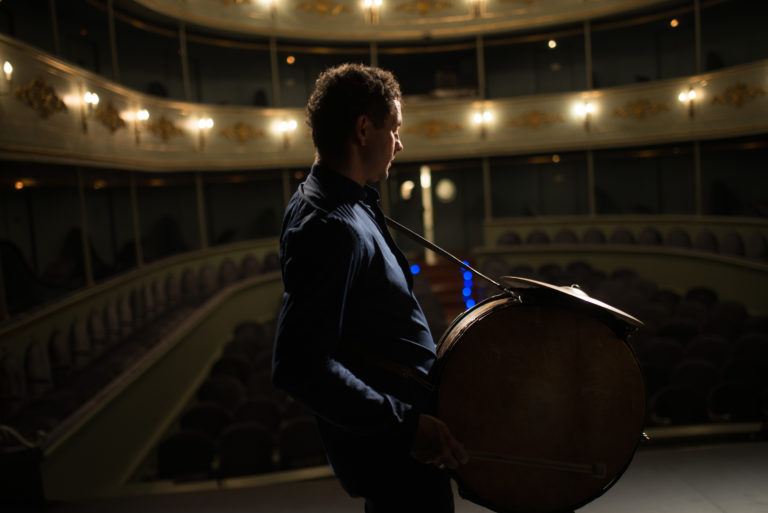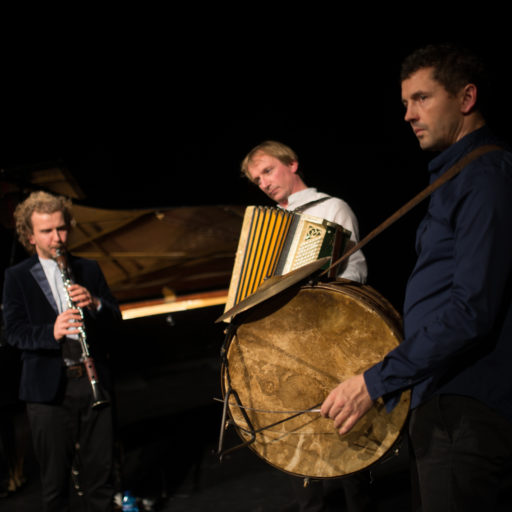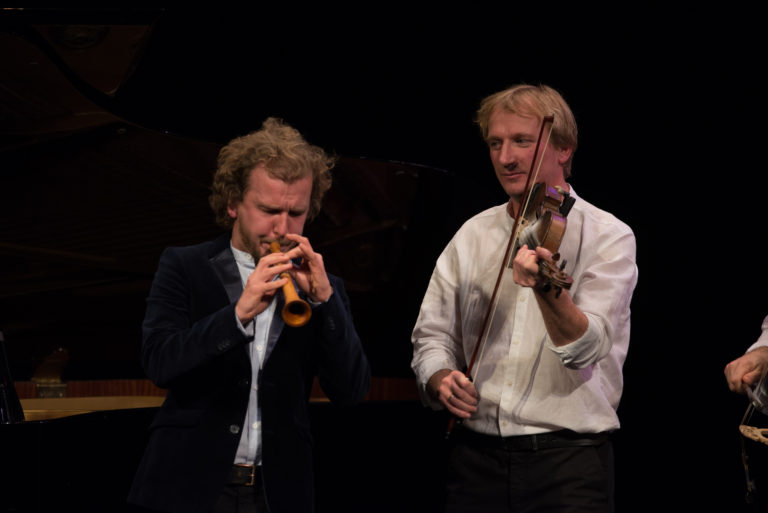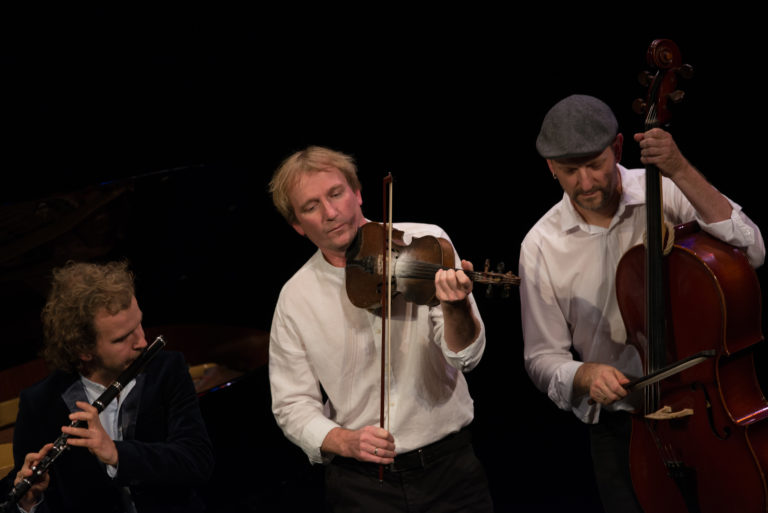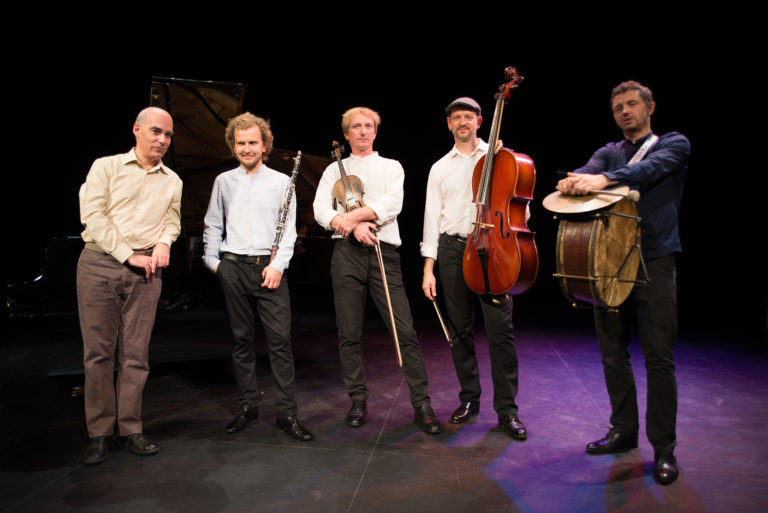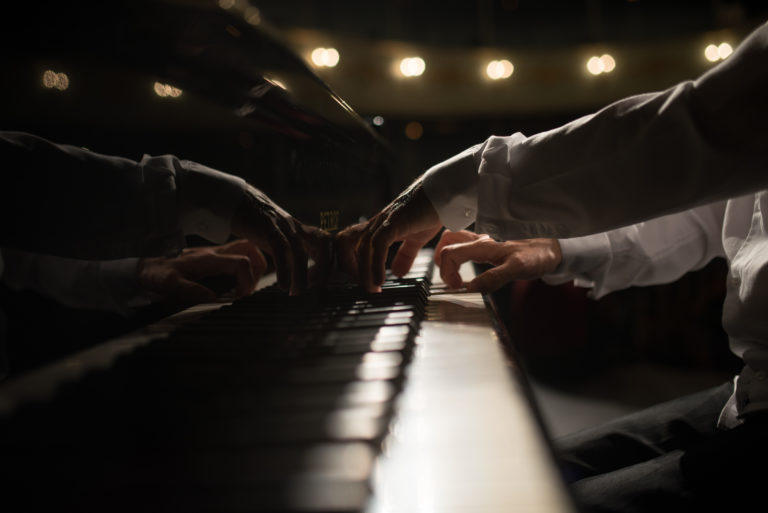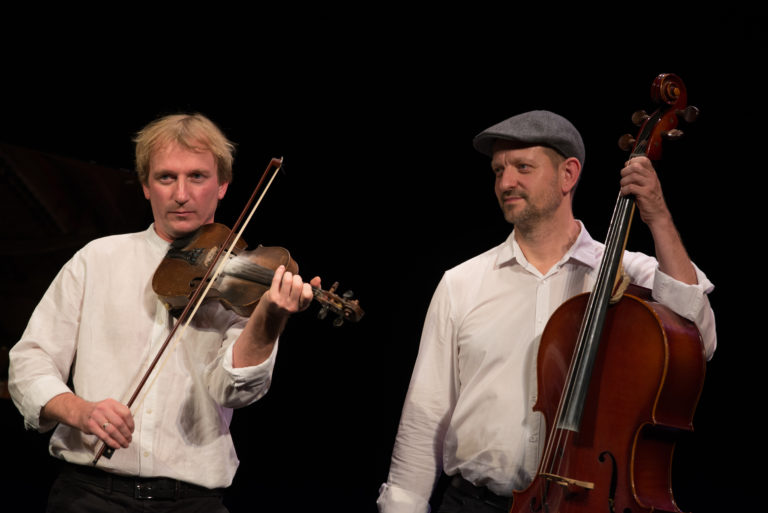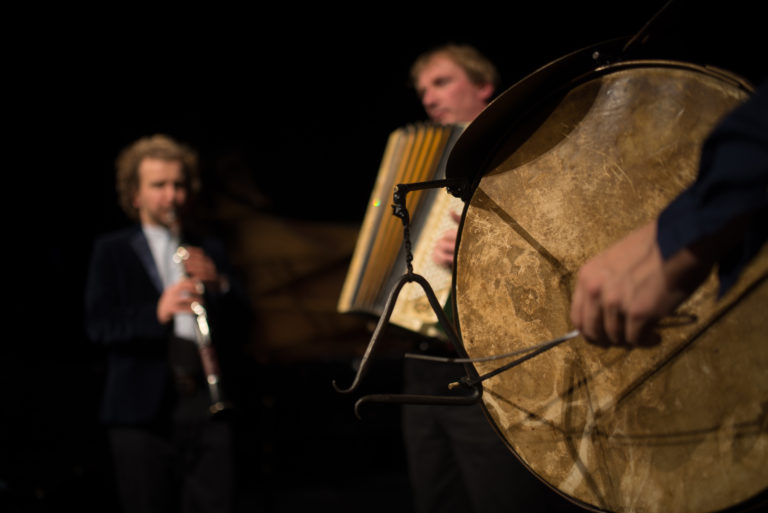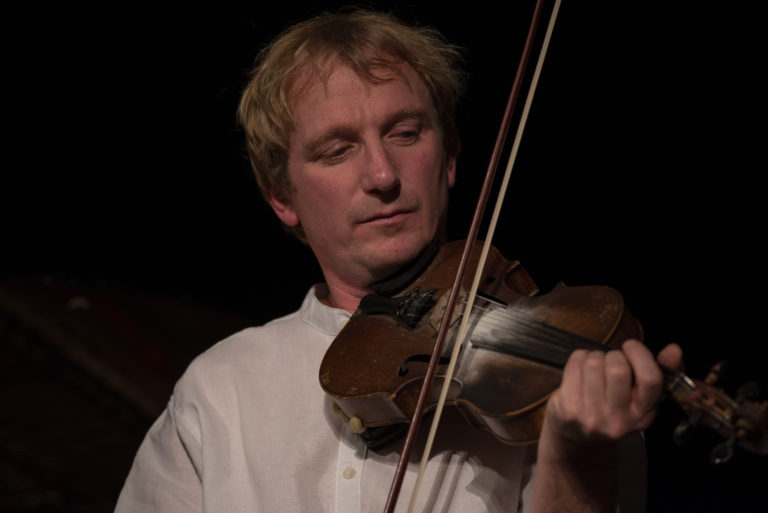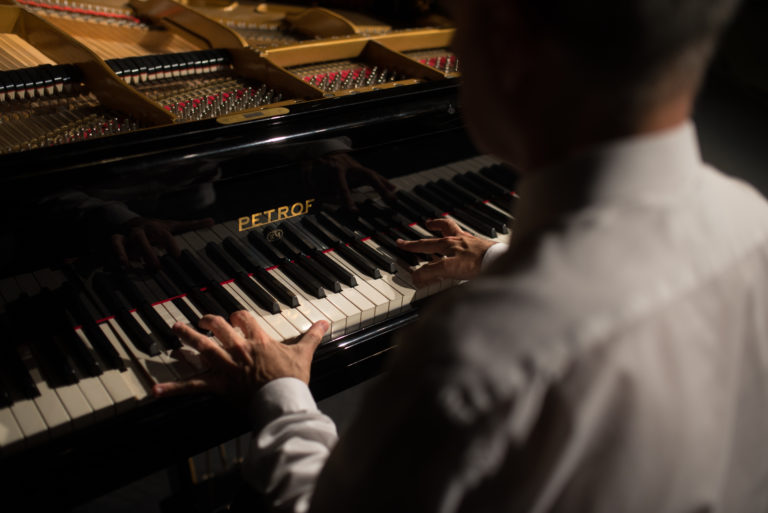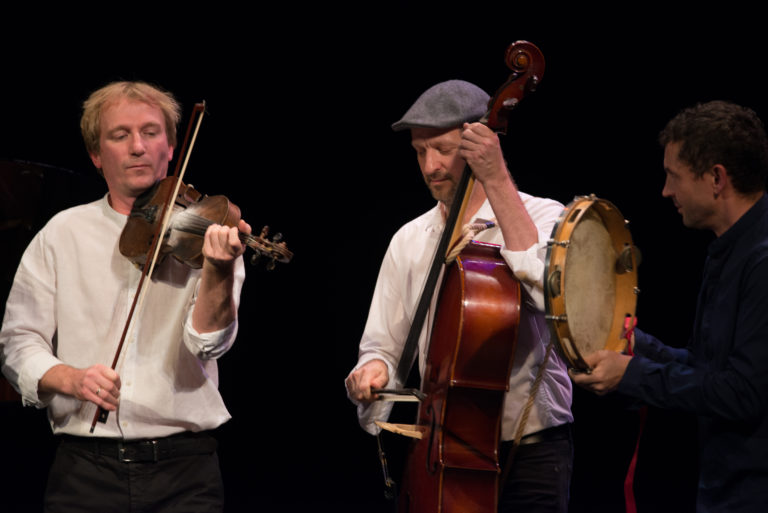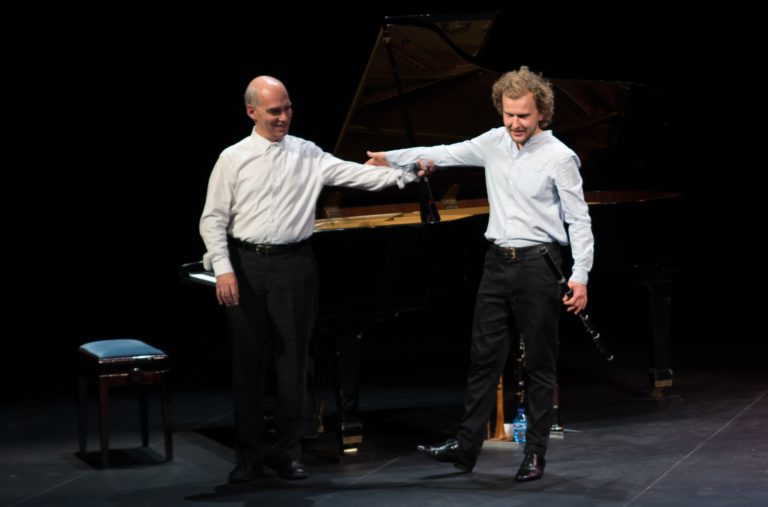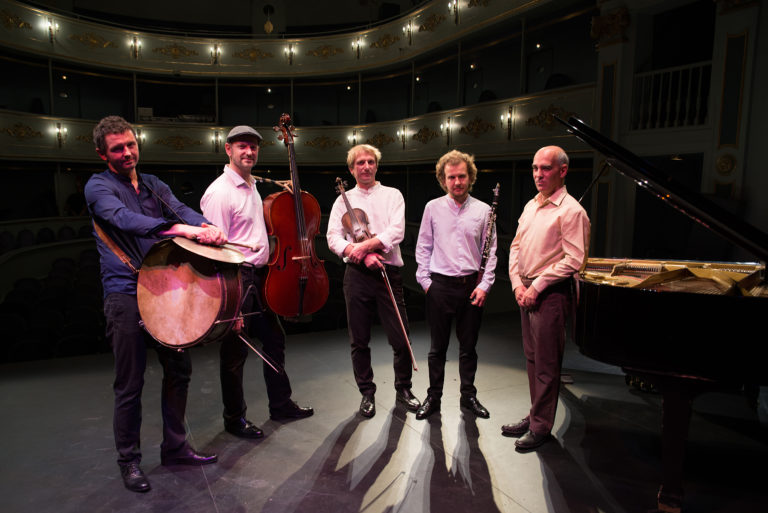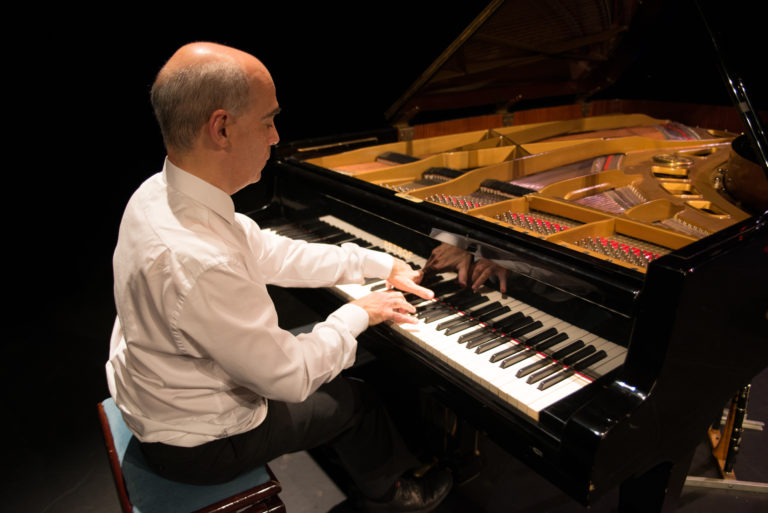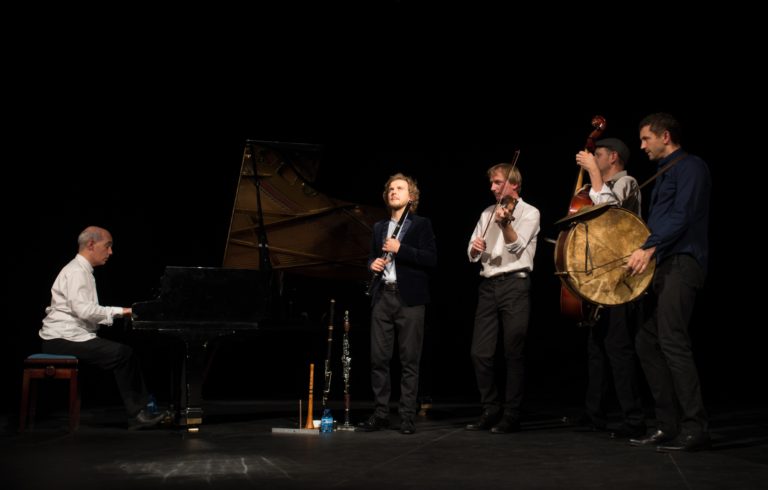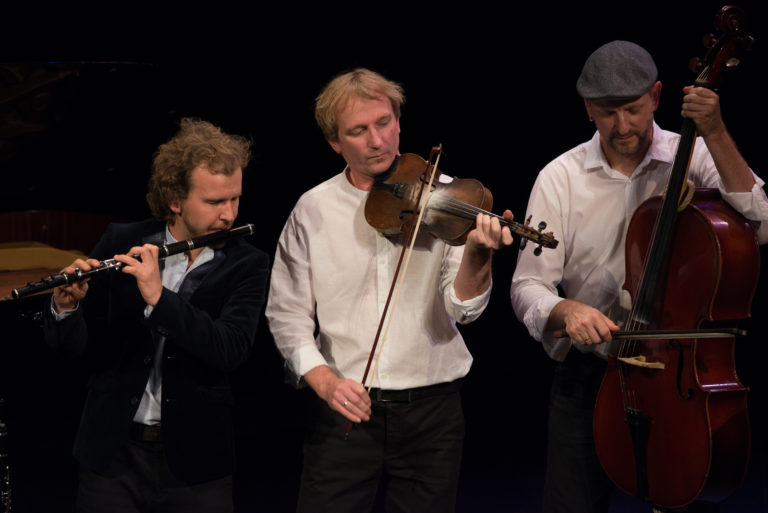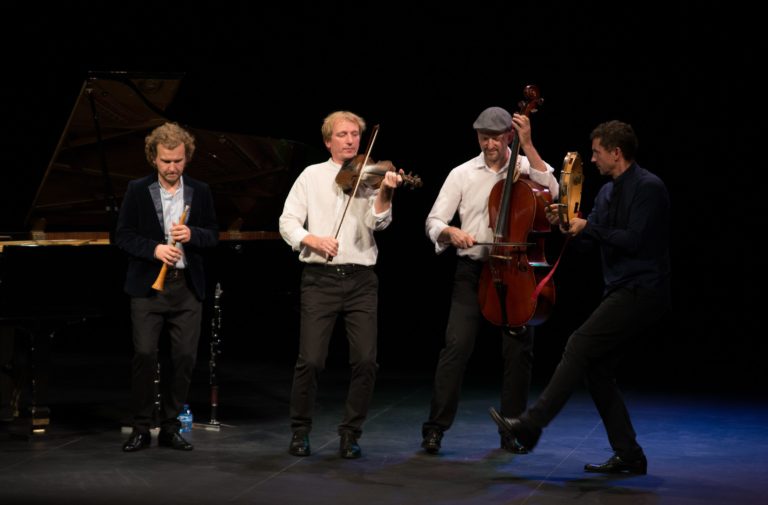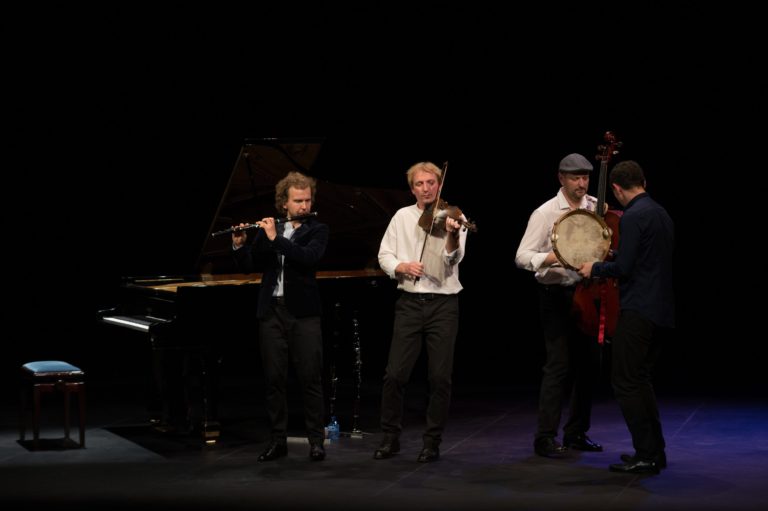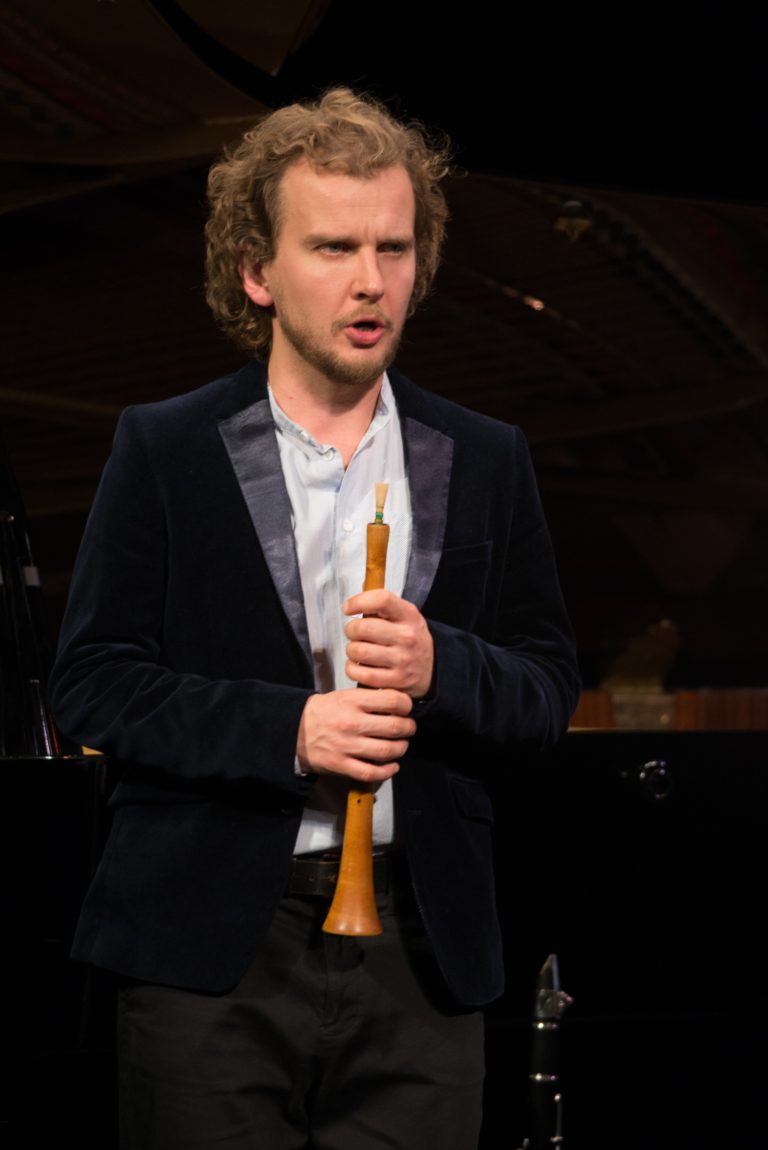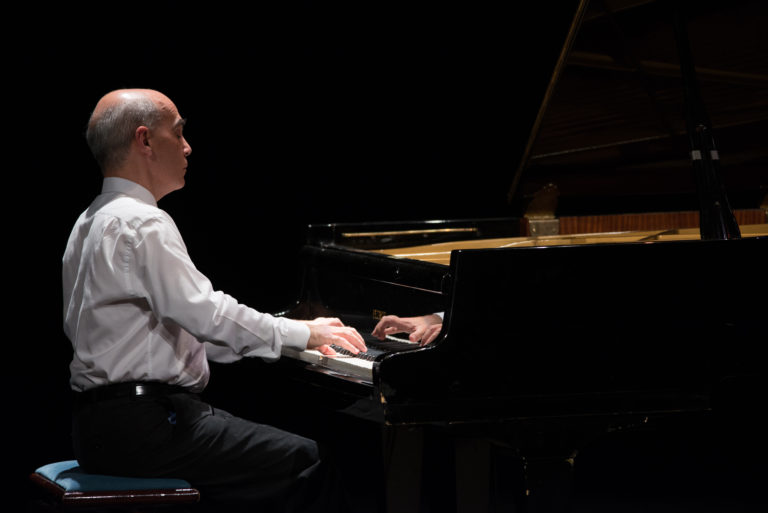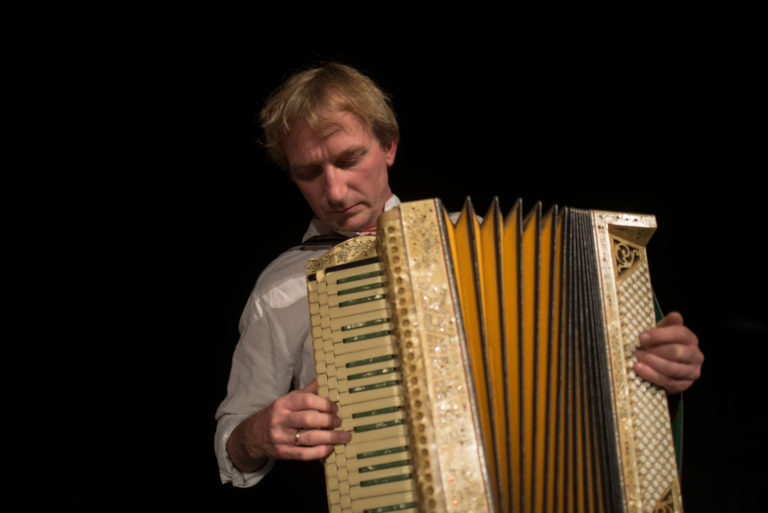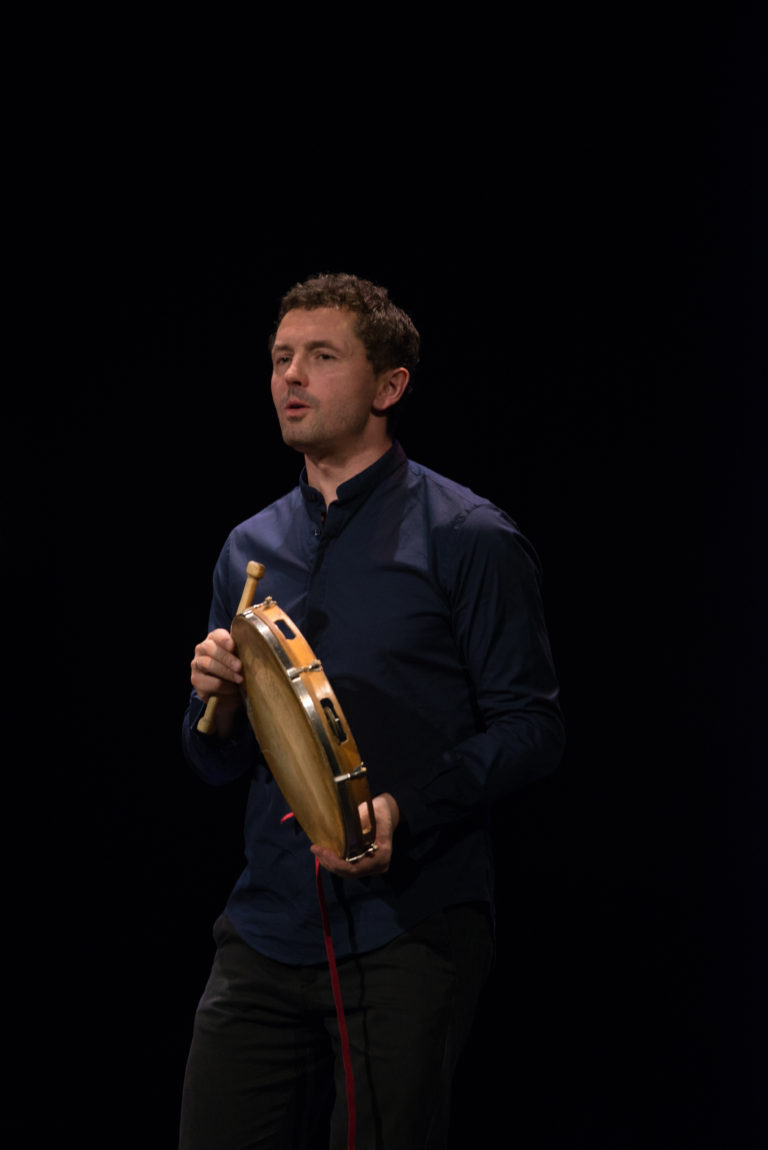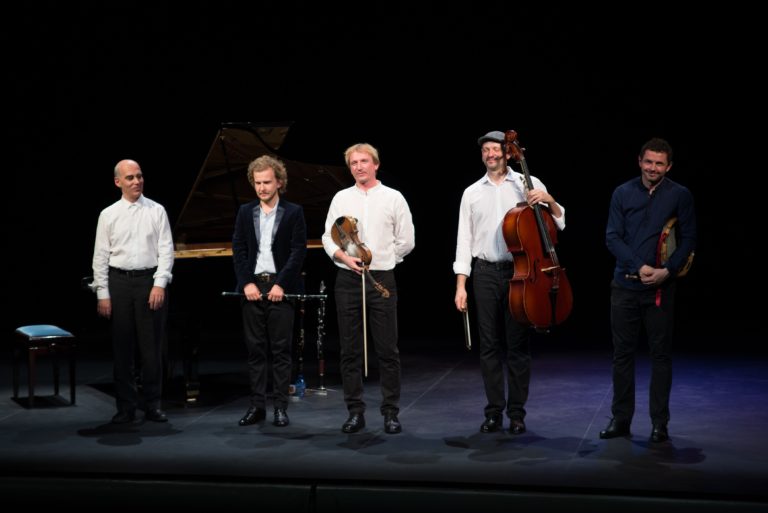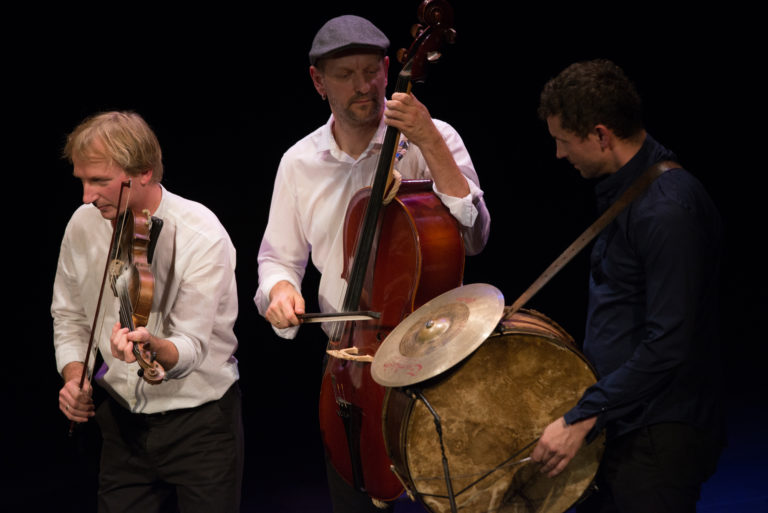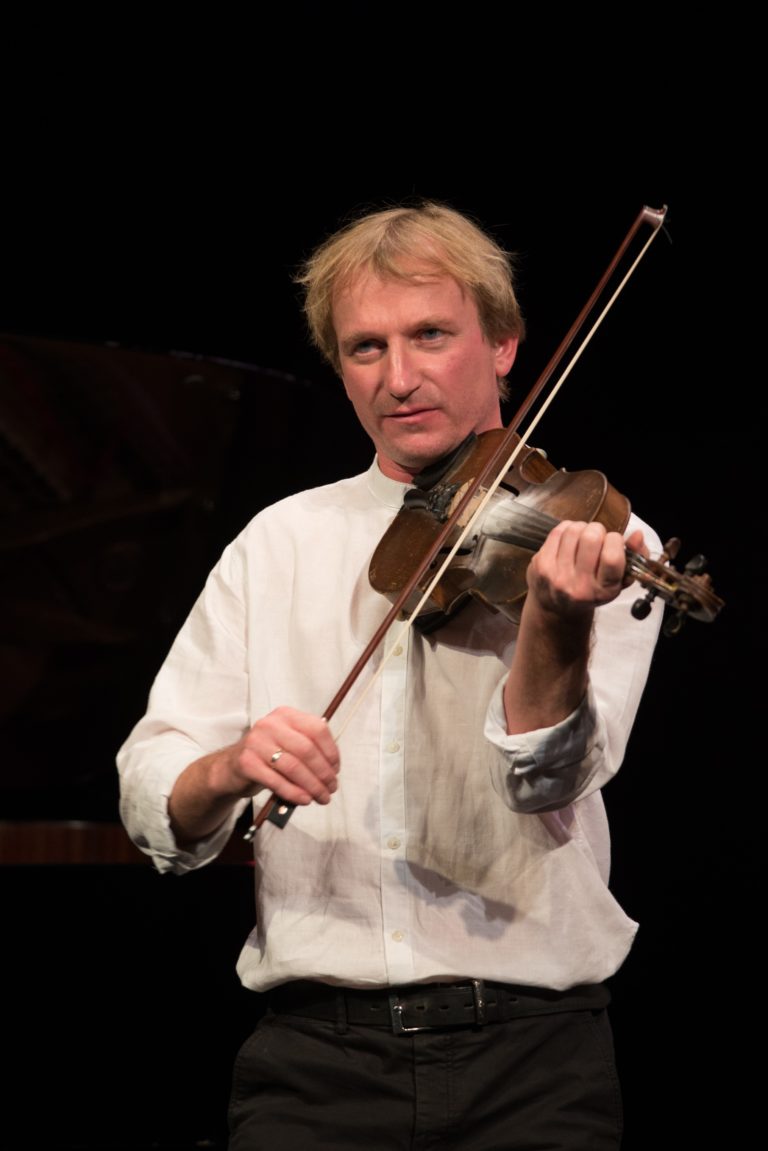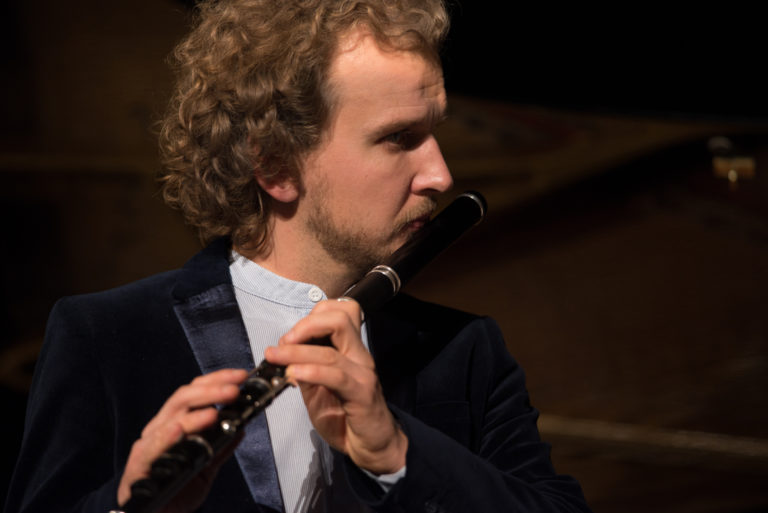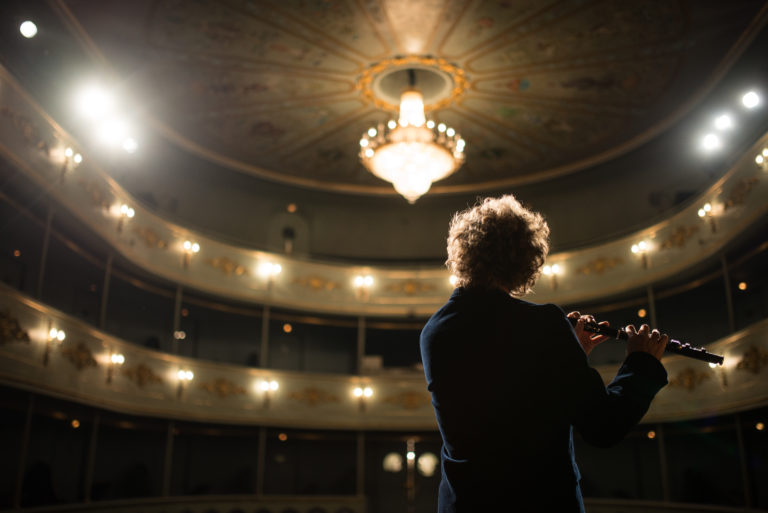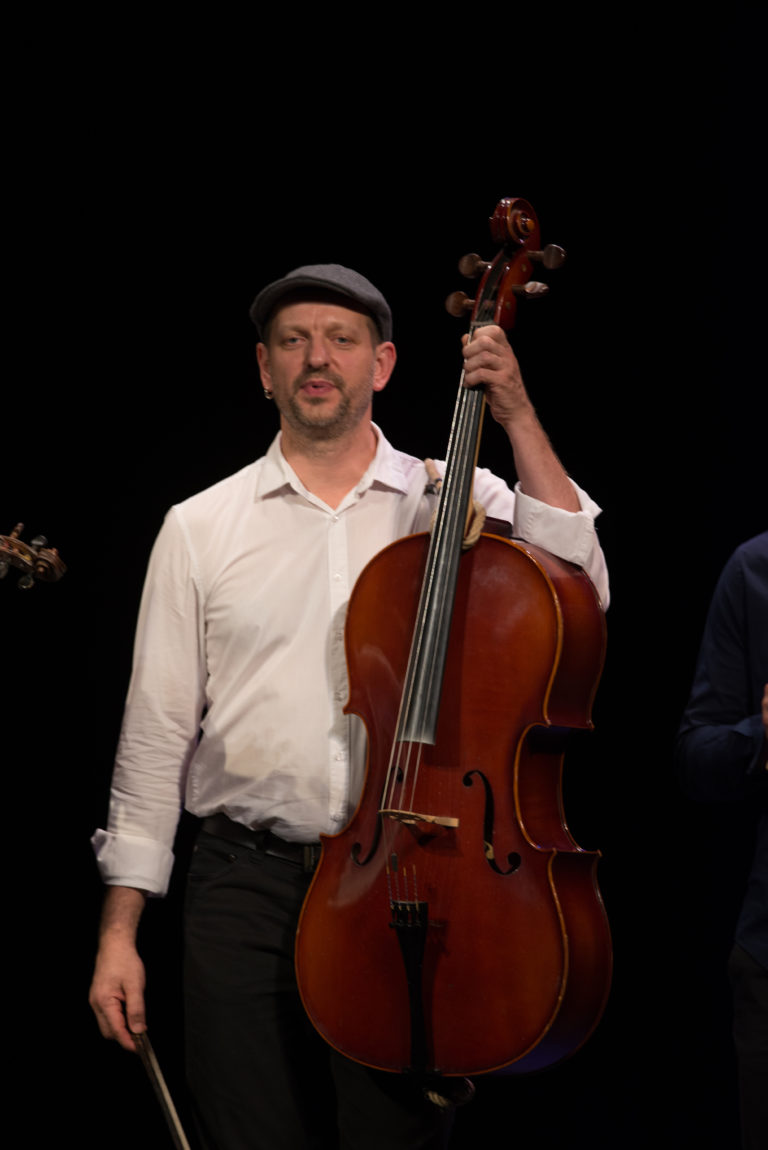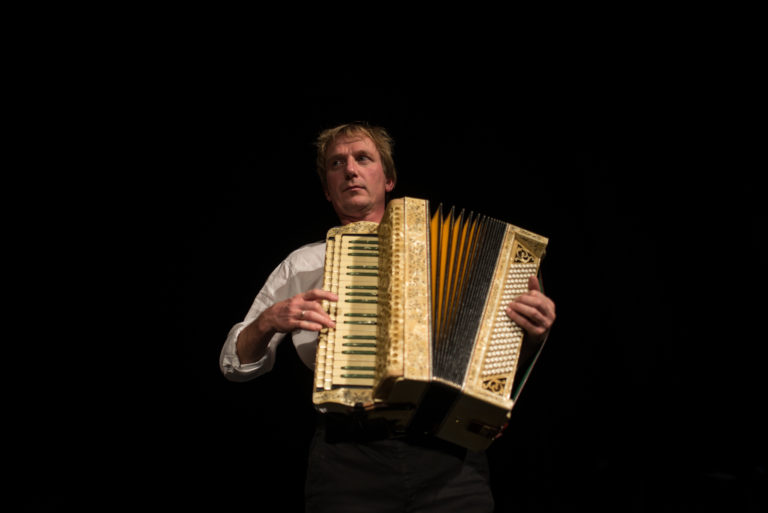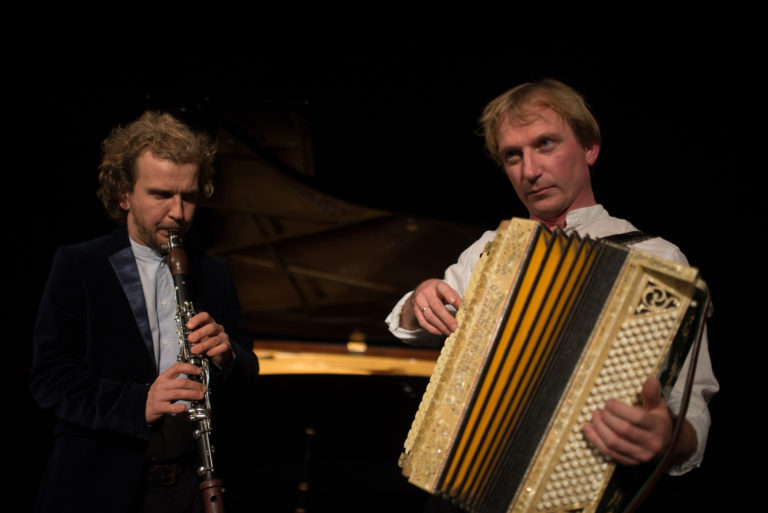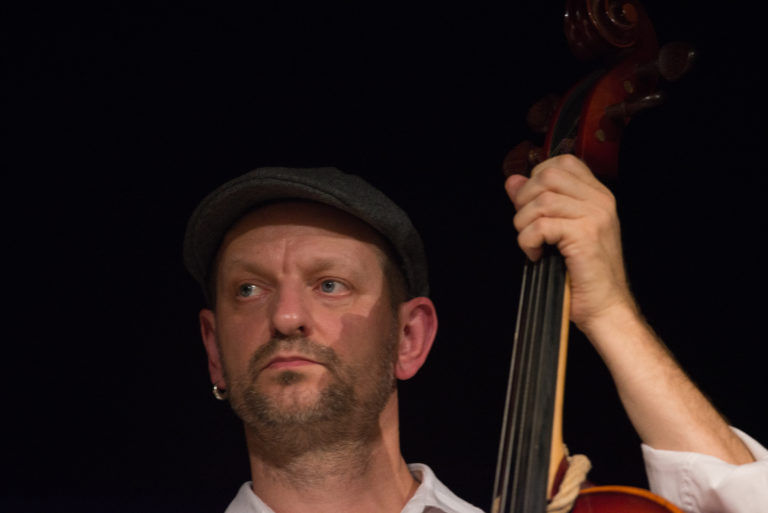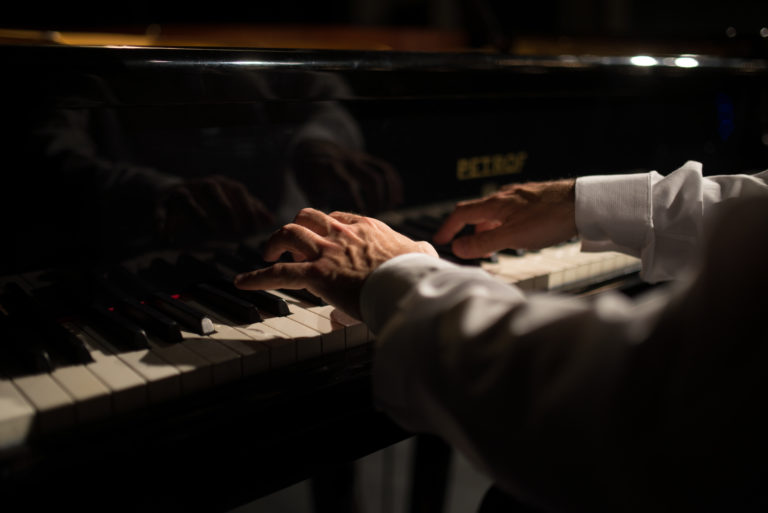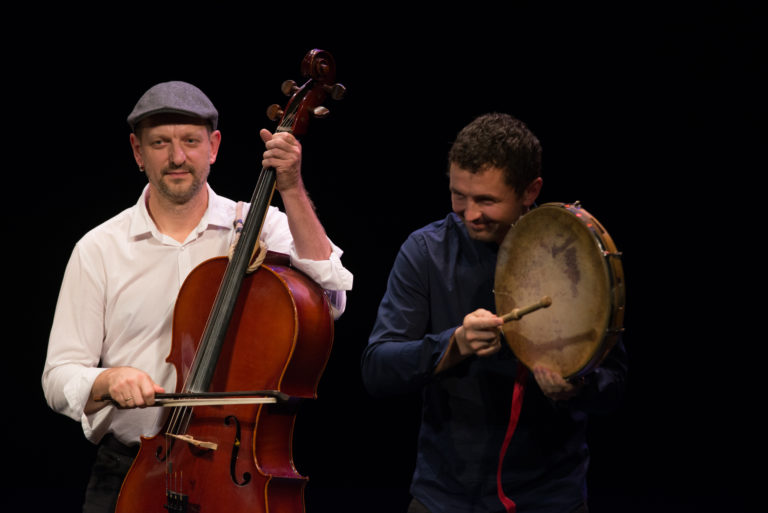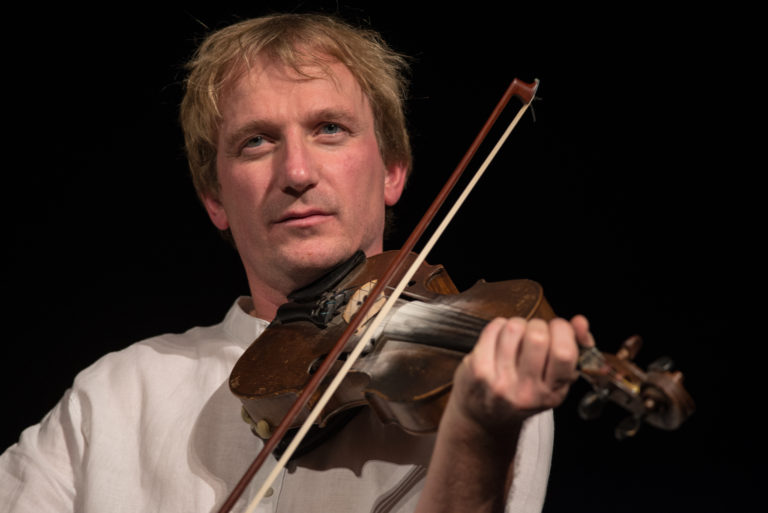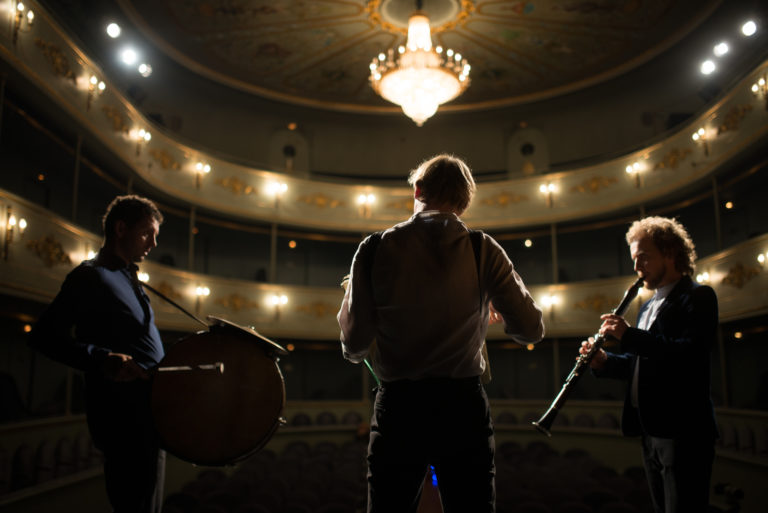Chopin’s mazurkas are – very often – rhythmically based on dance movements. Mazurek, kujawiak, oberek were dances, that Chopin danced himself and played for the dance, so he knew how to use music to communicate with the dancers. I think that the experience of dancing, a knowledge from the body might give a new key to understanding and performing Chopin’s mazurkas. The specific of whirling, irregular accents or “rubato” can became simple and natural, when we can dance them. All this experiences can be found in traditional polish mazurka music, transferred to XXI century by village masters.
Janusz Prusinowski
Thus, the program for concert can be complemented by a dance workshop, that can be adapted for general public and for musicians and students of music.
What will we learn and how will we do it on the workshop?
- With the objectives to understand the process of creating mazurka music and how the traditional instruments (fiddle, basy, baraban drum) communicate with the singers and dancers we will use various melodies and from mazurka dance family (oberek, mazurek, kujon, kujawiak):
- We will say and shout simple Polish words, sing melodies, stamp and clap rhythmical patterns.
- We will learn basic mazurek steps, dance individually, in circles and pairs, search for good contact with other dancers and react to live music.
- Then we’ll spin. Slower and faster, individually and in pairs. We’ll try to retrieve the children’ pleasure of spinning – and connect it to music, to melodies and rhythmical structures, already known. Perhaps we could dance to melodies sang by ourselves?
- Finally we will experiment with improvisation in dance – trying to express the variants of melody and slight, permanent changes in rhythm. This will be the point for rubato – experienced with the whole body. To experience, understand and express mazurka with the whole body is the main purpose of the workshops. To feel like dancing Chopin.

